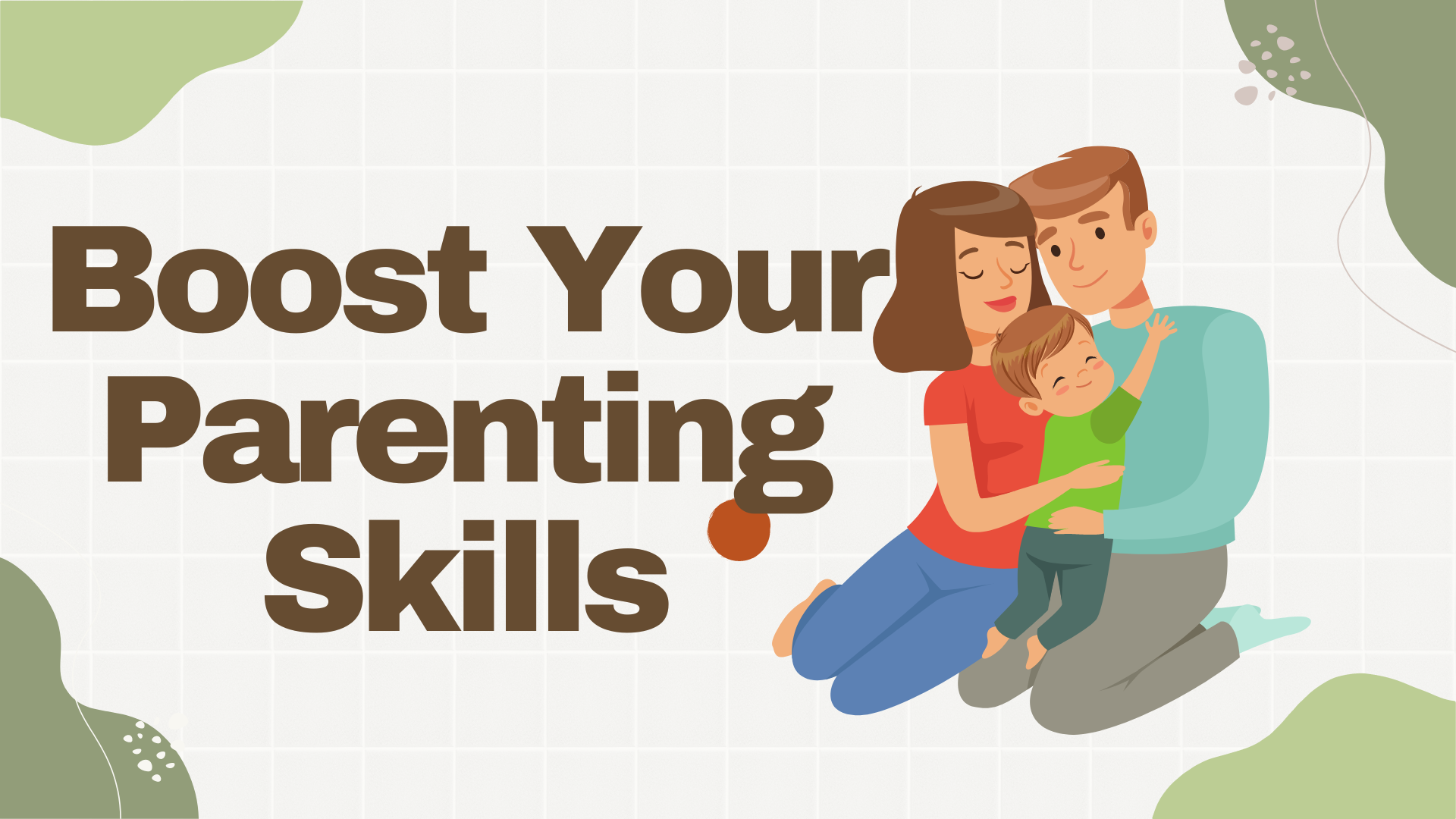Unlock the Secrets to Highly Effective Parenting: 7 Essential Traits
Welcome.. As parents, your ultimate goal is to raise happy, successful, and well-adjusted children. But with so many different parenting styles and advice out there, it can be challenging to know what truly works. That’s where our article comes in! Today, we’ll explore the 7 essential traits that set highly effective parents apart, sharing practical tips and examples to help you master these crucial skills. By understanding and implementing these traits, you can set the foundation for raising happy, confident, and well-adjusted children, providing them with the best possible start in life. Let’s dive in!..
What if I told you that by adopting just a few key traits, you could transform your parenting game and raise happy, confident kids? Stick around as we uncover the secrets to becoming a highly effective parent and give your children the support and guidance they need to thrive!..
Trait number one: CONSISTENCY.. Children thrive on routine and structure, and when parents are consistent with their expectations and consequences, children feel safe and secure, which helps them develop a sense of responsibility and accountability.
For example, if bedtime is consistently at 8 pm, children will come to expect and accept this routine, making bedtime battles less likely. Similarly, consistently enforcing consequences for misbehavior teaches children that their actions have predictable outcomes, fostering responsibility and self-discipline.
So, how can you practice consistency in your parenting? Establish clear rules and routines and stick to them as much as possible. Be consistent with consequences, both positive and negative. And remember, consistency is not about being rigid or inflexible; it’s about creating a stable and predictable environment for your child..
Trait number two: EMPHATHY.. Empathy is the ability to understand and share the feelings of others. Highly effective parents are empathetic towards their children, listening to their concerns, and validating their emotions. This helps children feel heard and understood, which strengthens the parent-child bond.
Imagine your child comes home from school, upset about a conflict with a friend. An empathetic parent would listen to their child’s feelings, acknowledge their emotions, and help them explore potential solutions or coping strategies.
So, how can you practice empathy in your parenting? Start by actively listening to your child, making an effort to understand their perspective. Validate their emotions and let them know that their feelings are important. And when appropriate, share your own experiences and feelings to create a deeper connection..
Trait number three: POSITIVE REINFORCEMENT.. Highly effective parents use positive reinforcement to encourage good behavior. They praise their children for their efforts and accomplishments, helping them develop a positive self-image and motivating them to continue to do well.
Think about a time when you received praise for a job well done. It likely boosted your confidence and motivated you to keep up the good work. The same goes for children. When they’re praised for their achievements or positive behavior, they’re more likely to repeat those actions in the future.
So, how can you practice positive reinforcement in your parenting? Offer specific praise and encouragement when your child demonstrates positive behavior or achieves a goal. Reward them with small treats, privileges, or extra quality time together. Remember, it’s essential to balance praise with constructive feedback, so your child understands what they can improve upon..
Trait number four: CLEAR COMMUNICATION.. Highly effective parents communicate clearly and honestly with their children, explaining their expectations and listening to their children’s concerns. This helps children feel respected and valued.
Consider a situation where a child is struggling with their schoolwork. A highly effective parent would calmly discuss their expectations, offer support, and encourage open communication to address any concerns or obstacles the child might be facing.
So, how can you practice clear communication in your parenting? Be open and honest with your child about your expectations and the reasons behind them. Encourage your child to express their thoughts and feelings openly, and actively listen to their concerns. Remember, effective communication is a two-way street, so make sure you’re both speaking and listening..
Trait number five: PATIENCE.. Patience is a virtue when it comes to parenting. Highly effective parents are patient with their children, understanding that they make mistakes and need time to learn and grow. This helps children feel supported and encouraged.
Imagine your child is learning to tie their shoes, and they’re struggling with the process. A patient parent would calmly guide them through the steps, offering encouragement and support without rushing or expressing frustration.
So, how can you practice patience in your parenting? Remind yourself that children are constantly learning and growing, and mistakes are a natural part of the process. Take deep breaths and count to ten when you feel your patience wearing thin. And if needed, take a break to regroup and calm down before addressing the situation..
Trait number six: FLEXIBILITY.. Flexibility is important when it comes to parenting. Highly effective parents are flexible and adaptable, understanding that every child is different and may require different approaches. This helps children feel understood and valued for who they are.
For example, one child might respond well to a structured routine, while another might need more freedom and flexibility. A highly effective parent would adjust their approach to best support each child’s unique needs and preferences.
So, how can you practice flexibility in your parenting? Be open to trying new strategies and approaches when something isn’t working. Listen to your child’s feedback and adjust your parenting style accordingly. And remember, it’s essential to strike a balance between flexibility and consistency to provide the support and structure your child needs..
Our final trait is number seven: SELF-CARE.. Self-care is crucial for effective parenting. Highly effective parents take care of themselves physically, emotionally, and mentally. They understand that they need to be at their best to provide the best for their children.
Imagine a parent who is constantly stressed, exhausted, and overwhelmed.
Their ability to be present, patient, and supportive for their child may be compromised. On the other hand, a parent who prioritizes self-care can better manage stress and maintain the energy needed to be an effective parent.
So, how can you practice self-care in your parenting? Make time for yourself to engage in activities you enjoy, like exercise, hobbies, or socializing with friends. Ensure you’re getting enough sleep, eating well, and managing stress through mindfulness practices or relaxation techniques. Remember, taking care of yourself is not selfish; it’s essential for providing the best possible care for your child..
There you have it, The 7 traits of highly effective parenting: consistency, empathy, positive reinforcement, clear communication, patience, flexibility, and self-care. By embracing these traits and incorporating them into your parenting journey, you’ll be well on your way to raising happy, confident, and well-adjusted children.
We hope you found this video insightful and helpful! If you have any additional tips or experiences to share, we’d love to hear them in the comments below. Don’t forget to like this video, subscribe to our channel, and click the notification bell to stay updated with our latest content. Thanks for watching, and we’ll see you in the next video!


